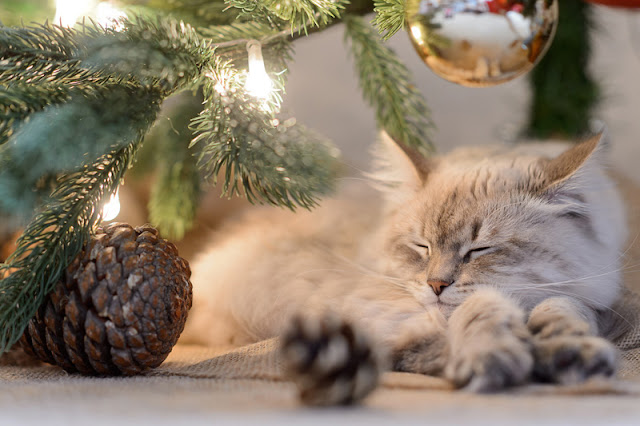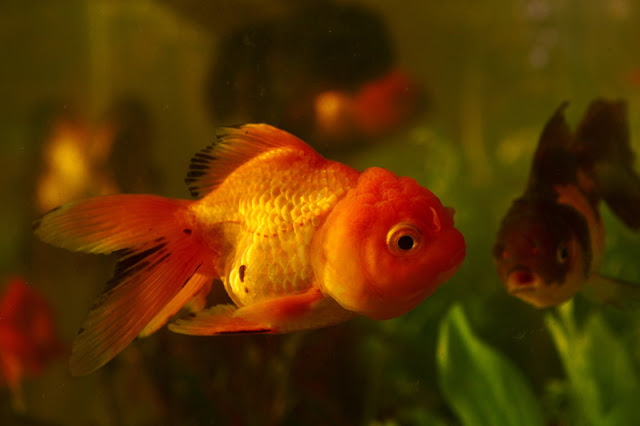The Posts of the Year 2015

By Zazie Todd, PhD Happy New Year! Good health and happiness to all our readers in 2016. These were the top posts of 2015. Which were your favourite? And what would you like to see covered here in 2016? 1. Different dog breeds, different sensitive period? A study of three breeds finds differences in the sensitive period, and shows socialization should begin before you even take your puppy home. - See more at: http://www.companionanimalpsychology.com/2015/04/different-dog-breeds-different.html#sthash.yaKUk2kL.dpuf A study of three breeds finds differences in the sensitive period, and shows socialization should begin before you even take your puppy home. 2. Re-arranging metaphors for dogs The problems with the wolf pack metaphor go deeper than you think. 3. What do young children learn from pets? Is a better understanding of biology something that young children learn from dogs and cats? 4. Where do cats like to b...




